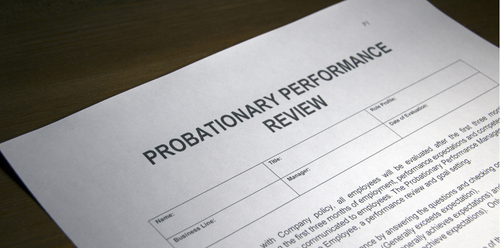flexibility matters!

What Job Seekers Value Most in 2025 - and How Employers Can Adapt
In today’s competitive Australian job market, employees are prioritising more than just salary. In a recent poll we conducted, results showed that flexibility (32%) and a strong company culture are among the most important factors candidates consider what evaluating a job offer. For employers, adapting to these priorities is no longer options – it’s essential to attract and retain top talent.
Offer flexible work arrangements
Flexible work in Australia has become a baseline expectation for many employees. Employers can meet this demand by:
- Hybrid or remote options: Allow staff to work from home or a mix of home and office to improve work-life balance.
- Flexible hours: Implement staggered start/finish times, compressed workweeks or core-hour arrangements.
- Job-sharing or part-time roles: Cater to employees balancing family, study or personal commitments.
Clear communication is key – flexible policies should be included in job ads, employment contracts and onboarding processes to ensure expectations are understood from day one.
Build a strong, inclusive company culture
A thriving company culture is critical to employee satisfaction and retention. Australian employees value workplaces where they feel connected, supported and recognised. Employers can strengthen culture by:
- Defining and living core values: Ensure your business values are consistently reflected in leadership actions, communications and performance assessments.
- Encouraging collaboration and connection: Use team-building initiatives, mentorship programs and cross-department projects and foster belonging.
- Recognition and feedback: Celebrate achievements regularly and provide constructive, supportive feedback.
- Promoting diversity and inclusion: Implement policies and initiatives that actively create an inclusive work environment.
When culture aligns with employee’s personal values, engagement, productivity and loyalty increase – all of which are vital for long-term success.
Incorporate flexibility and culture in hiring
Attracting talent starts at the recruitment stage. Employers can communicate their commitment to flexibility and culture by:
- Highlighting flexible work policies in job descriptions and during interviews
- Sharing employee stories or testimonials to showcase culture in action
- Including culture-fit discussions alongside skills-based assessments during interviews
Transparency around flexibility and culture can make your organisation more appealing to top candidates in Australia’s competitive job market.
Measure, adapt and evolve
Meeting employee expectations requires ongoing effort. Employers should:
- Conduct regular employee surveys to assess satisfaction with flexibility and culture
- Use exit interviews to identify culture or flexibility-related reasons for turnover
- Adapt policies based on feedback, showing employees that their needs are heard and valued
Proactive measurement ensures that flexibility and culture initiatives remain relevant and effective.
Leadership role modelling
Culture and flexibility are most effective when leaders lead by example
- Managers should embrace flexible work themselves and support employees in doing the same
- Demonstrating company values in everyday actions help reinforce a positive culture across the organisation
When leadership practices flexibility and promotes culture authentically, employees are more likely to engage and stay loyal to the business.
For employers, offering flexibility and fostering a strong company culture are no longer nice to have, they are critical for attracting and retaining top talent. By implementing clear flexible work policies, building an inclusive and supportive culture and actively measuring and evolving initiatives, organisations can create a workplace that employees want to join and stay in.






